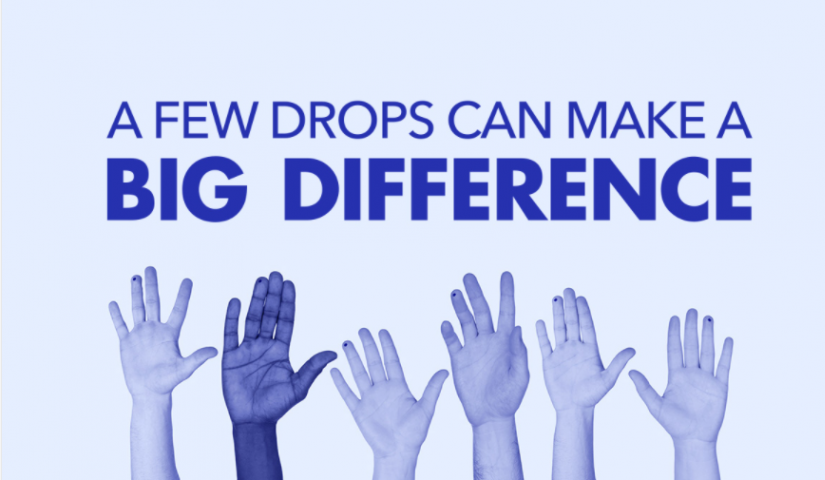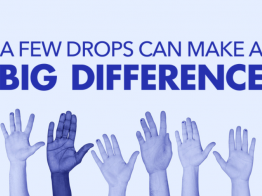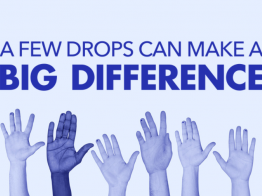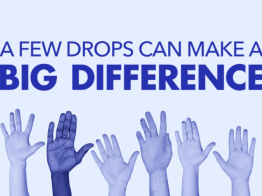| Part 3: Emily gets her TrialNet screening results—and lots of support
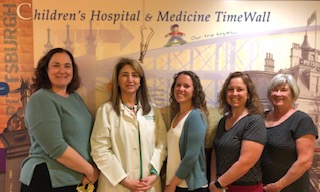
In part 2, Emily Goff was busy adjusting to life after her son’s type 1 diabetes (T1D) diagnosis. Weeks earlier, she had been screened for her T1D risk right in her son’s hospital room at Children’s Hospital of Pittsburgh.
Then she got the call that she had 3 of the 5 autoantibodies. ”It was shocking,” recalls Emily. “My first thought was that my son got T1D because of me. But after talking to the research coordinator and having time to think about it, I felt much better. I learned that there is a genetic predisposition for autoimmune disease that’s not necessarily linked to T1D or even passed on to every generation.”
Emily returned to Children’s Hospital for additional testing to evaluate her blood sugar levels and determine which stage of T1D she was in.
TrialNet Research Nurse Coordinator, Kelli DeLallo, RN, BSN, who has worked at Children’s for 15 years, explains, “These tests give us more information about risk. Results are usually back in 3-5 days, so it's a quick turnaround. During the visit, we also have time to answer questions and explain what the additional test results will tell us.”
|
